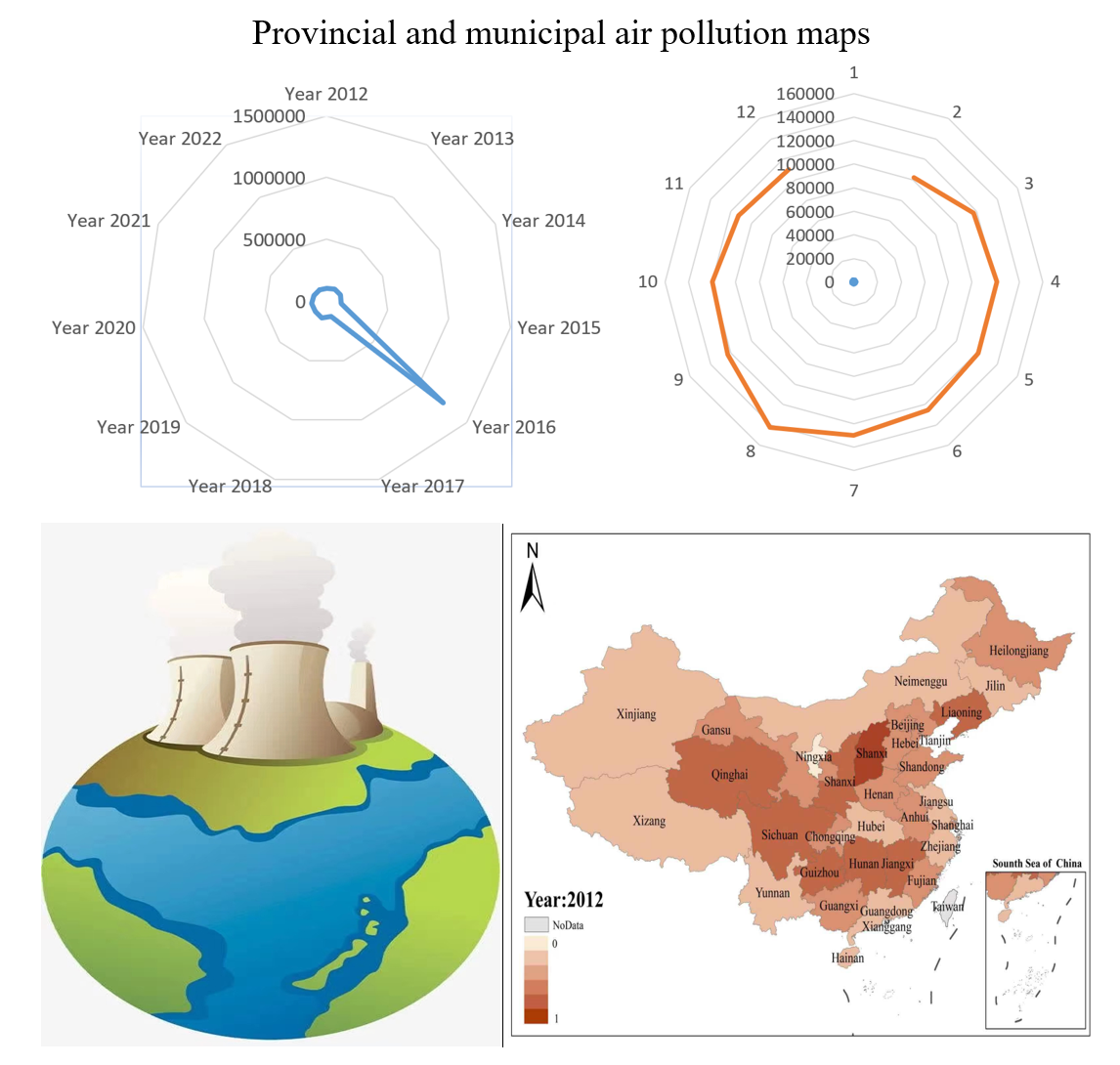
With China's economic growth, the issue of air pollution has become increasingly prominent. As the core of political and economic development, 184 major cities in China face severe air pollution and significant environmental pressures due to high population density. Consequently, China has established key urban environmental monitoring stations in these cities to monitor pollution emissions in real time. This paper utilizes panel data from 184 Chinese cities spanning 2012-2022 and employs dynamic GMM models, fixed effects models, and mediation effect models to empirically examine the impact of air pollution on urban environmental pollution and its mediation mechanisms. From the perspective of cities with different income levels, a dynamic GMM model is established to determine the correlation between air pollution and various factors influencing urban economic growth. The study finds that air pollution significantly reduces economic growth in Chinese cities at the 1 per cent level, with each unit increase in air pollution reducing economic growth in Chinese cities by 0.84 units. Urbanization and human capital are identified as two crucial channels through which air pollution affects the economic development of Chinese cities. The negative impact of air pollution on economic growth is more pronounced in larger cities compared to smaller ones, and the adverse effects of haze pollution become increasingly significant over time. Therefore, policymakers should take the cultivation and application of new quality productivity as a key strategy to enhance the quality of economic development, and realise a win-win situation between economic growth and environmental protection through scientific and technological innovation and industrial restructuring. This will not only help alleviate the air pollution problem, but also inject new momentum into the high-quality development of China’s economy.
Total file downloads: 49